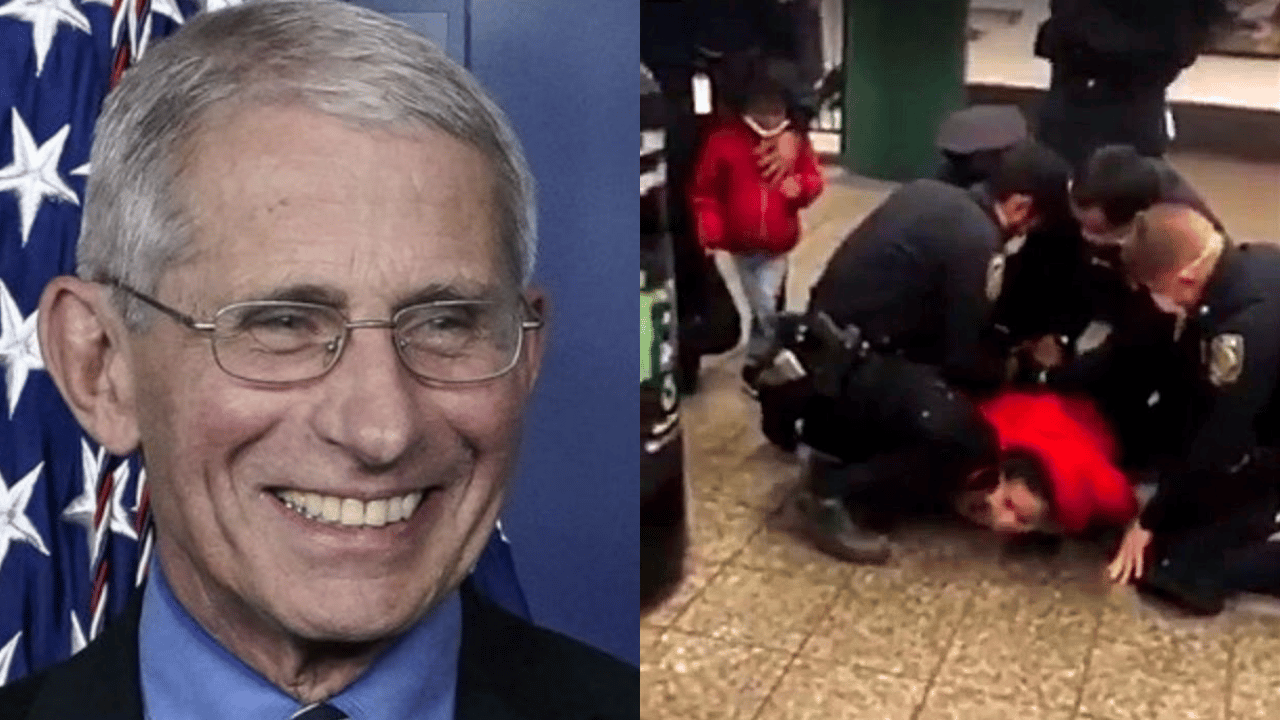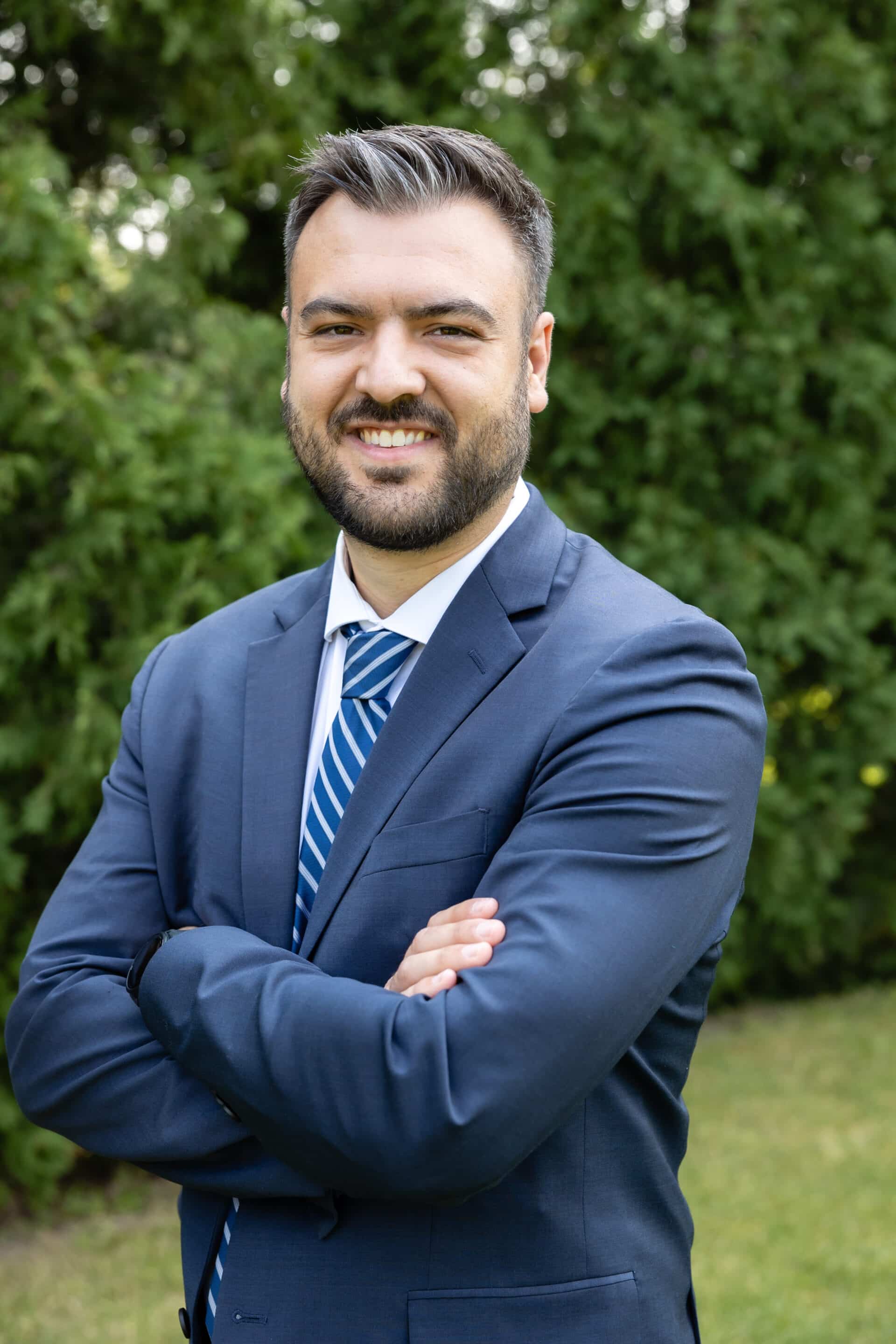(Image: Woman arrested for not wearing mask in NY subway to sue police for $10 million https://abcn.ws/30RetW4)
If one were to reflect on the essential elements of society, one would quickly identify the need for peaceful dispute resolution.
Indeed, on even the most primitive tribal level, peaceful dispute resolution has been the necessary result of human coexistence. We know this because even the most primitive of existing tribes have developed some peaceful form of dispute resolution.
In the Anglo-American legal system, the concept of due process emerged as the state assumed the role of arbiter in more and more disputes, including disputes to which it itself was a party.
Due Process is the principle that, before the government can deprive an individual of his legal rights, it must act in accordance with the ordinary process of law. This concept was cemented in the Western legal canon by the Magna Carta in 1215.
However, as Lysander Spooner noted in Trial By Jury, the Magna Carta was a backwards-looking document where Englishmen sought to regain what they viewed to be their ancient and traditional Anglo-Saxon rights. With that in mind, some principle of due process likely preceded the Magna Carta.
America’s Founding Fathers preserved the right to due process from Britain’s unwritten constitution. The Fifth Amendment to the US Constitution, states, in relevant part, “[n]o person shall…be deprived of life, liberty, or property, without due process of law.”
During COVID-19, however, most states, and the federal government, disposed of this ancient principle by indefinitely suspending jury trials.
The unique quality of these suspensions was not that the government chose to issue final judgments without due process of law, it was that it chose to do nothing. Instead, it held the accused in legal limbo, sometimes keeping them in custody indefinitely.
Not only were criminal defendants affected, but civil matters were also affected. Inter alia, evictions were paused, the claims of the injured were halted, discouraging settlement, and disputing landowners were, for an unspecified time, denied their day in court.
While many of these indefinite suspensions were addressed at the state level, federal issues are finally, over two years after COVID-19 began, bubbling up to SCOTUS.
There are currently two petitions facing review by the Supreme Court which involve the Federal Speedy Trial Act. This Act requires the government to
…file an indictment within 30 days of arresting someone, and the trial must begin within 70 days of the indictment. If the government fails to meet these deadlines, the defendant can move to dismiss the indictment. However, the Speedy Trial Act allows for continuances in certain situations, including “on the basis of [the judge’s] findings that the ends of justice served by taking such action outweigh the best interests of the public and the defendant to a speedy trial.” In such cases, the court must “set[] forth” the reasons for its findings, according to statutory factors. Finally, when a judge dismisses a case under the Speedy Trial Act, the judge may at times do so “with prejudice,” barring the government from seeking a new indictment for the conduct.
The first petition concerns a case called Olsen v. United States. In this case, the defendant’s jury trial was scheduled for May 2020. It was initially postponed until October 2020.
When October 2020 came, however, the prosecution asked to again adjourn the trial. The district court judge denied this adjournment request and asked the chief judge to empanel a jury. The chief judge denied. In response, the district court judge dismissed the indictment with prejudice pursuant to the Federal Speedy Trial Act.
The prosecution appealed the dismissal up to the 9th Circuit Court of Appeals, which reversed, holding that the district court judge erred when he dismissed the indictment because he failed to consider that the prosecution is entitled to an adjournment when a trial is impossible. The 9th Circuit reasoned that, although a trial was physically possible, as the district court judge noted, a trial was legally impossible because of the chief judge’s indefinite suspension of jury trials.
In the Olsen case, the degrees of state involvement deserve notation. Because of a government created moratorium on jury trials, the government allowed another branch of itself to continue the prosecution, against principles of due process.
The second petition concerns a case called Gottesfeld v. United States. In this case, the defendant, Martin Gottesfeld, was indicted 246 days after his arrest, after six continuances were granted. Gottesfeld filed a Motion to Dismiss on Speedy Trial grounds, claiming that when the district court granted the continuances, it did not give an adequate reason. Gottesfeld’s Motion to Dismiss was denied by the district court, who found that the continuances were warranted because at some point Gottesffeld indicated to the court that he was “seriously considering” a plea agreement.
In both cases, a government decision to indefinitely suspend jury trials was the underlying reason for the delays. In both cases, these delays continue to this day.
Unfortunately, since the issues presented in the above petitions concern the statutory interpretation of the Speedy Trial Act, it is unlikely the Supreme Court will be evaluating the underlying constitutionality of suspending jury trials indefinitely.
Under the government’s monopoly justice system, it is unclear if there is a fundamental right not to receive a vaccination or to be free from forced masking. What it is clear, however, is that in times of government-by-emergency, even our most cherished fundamental rights are disposable.
































